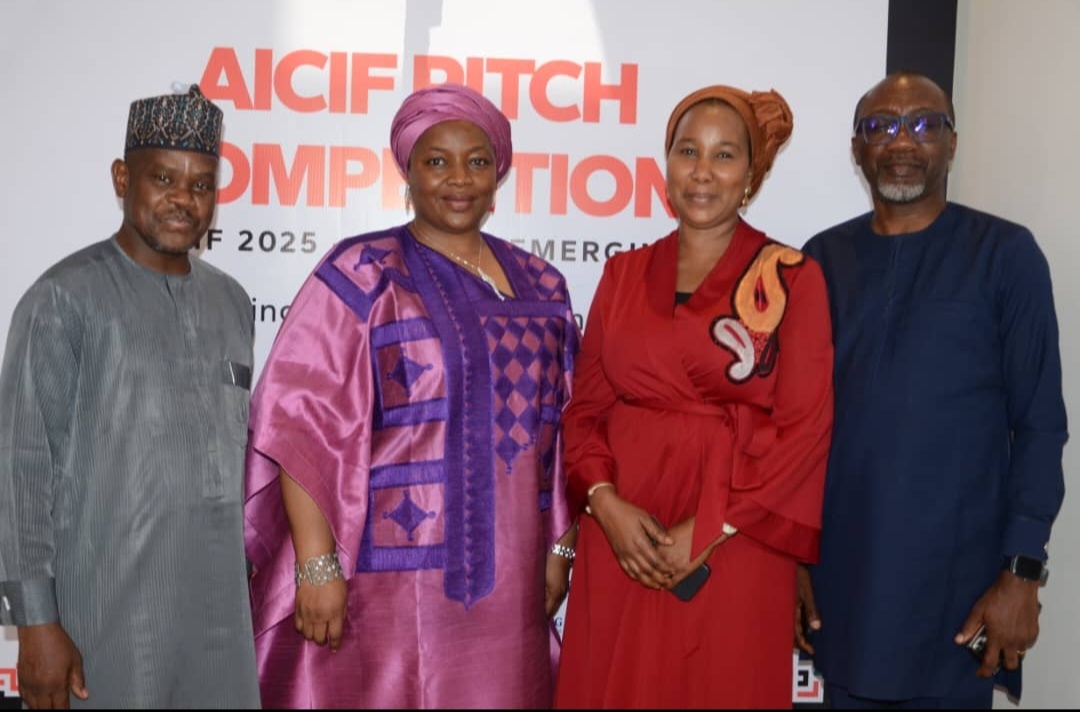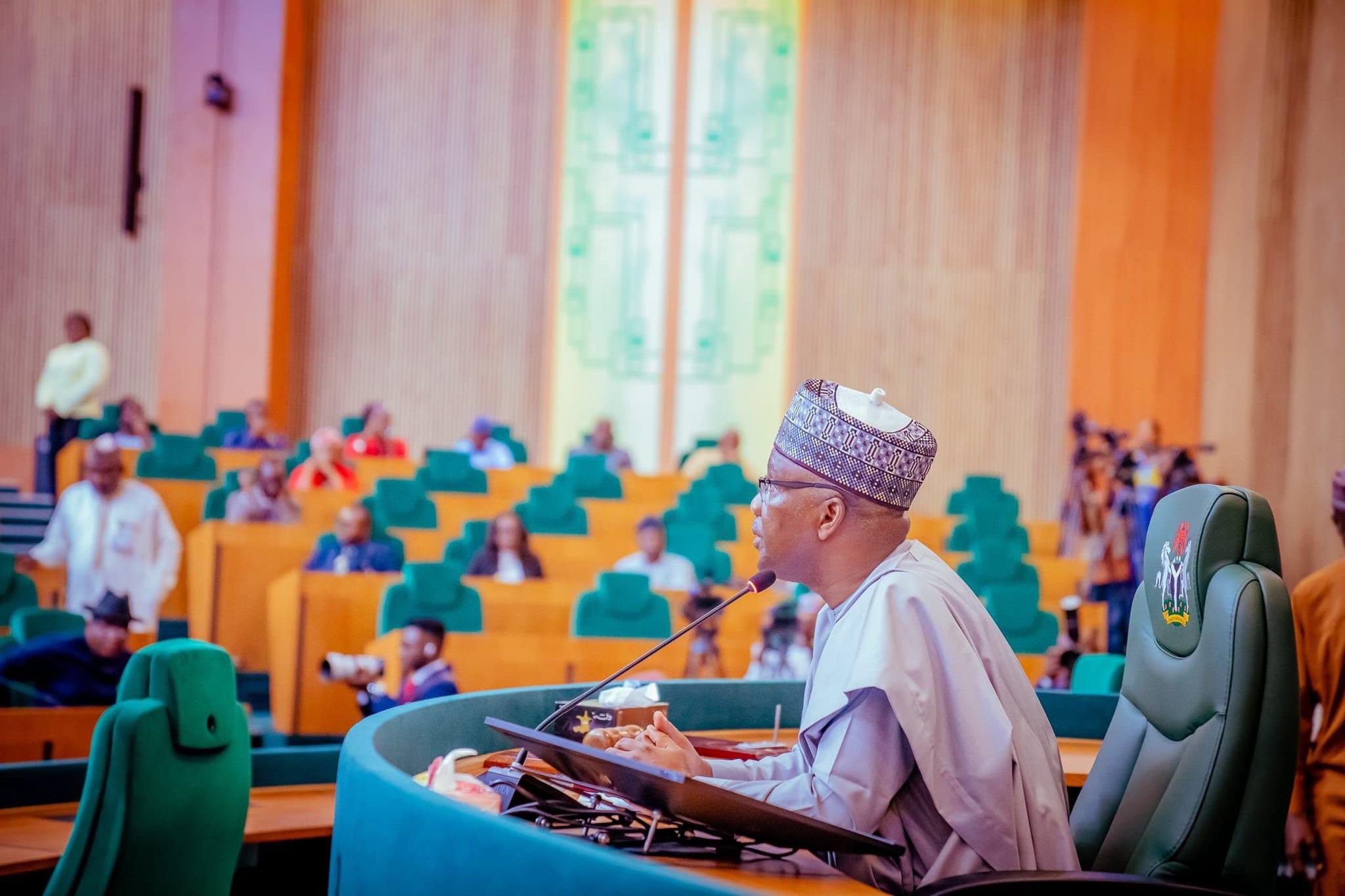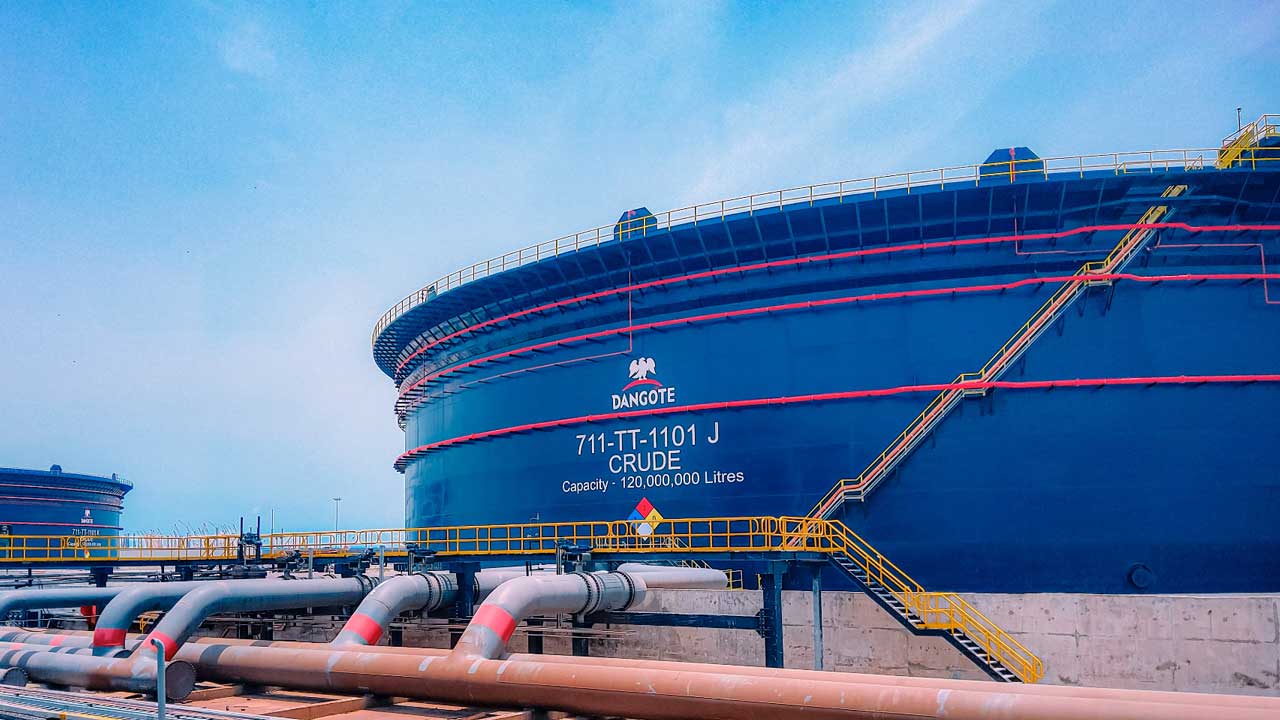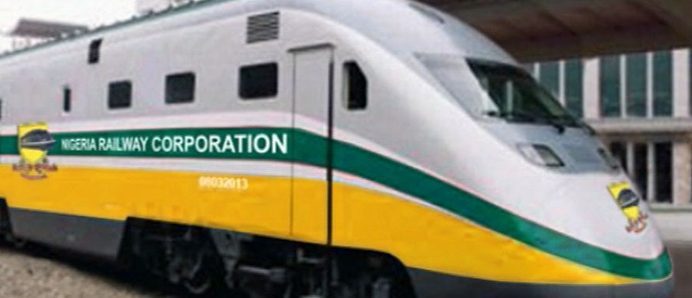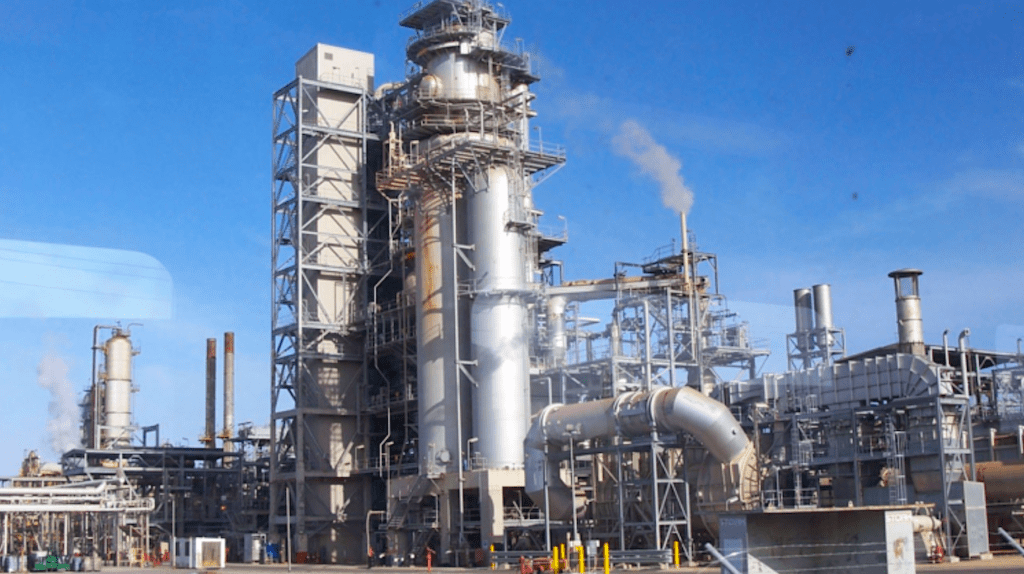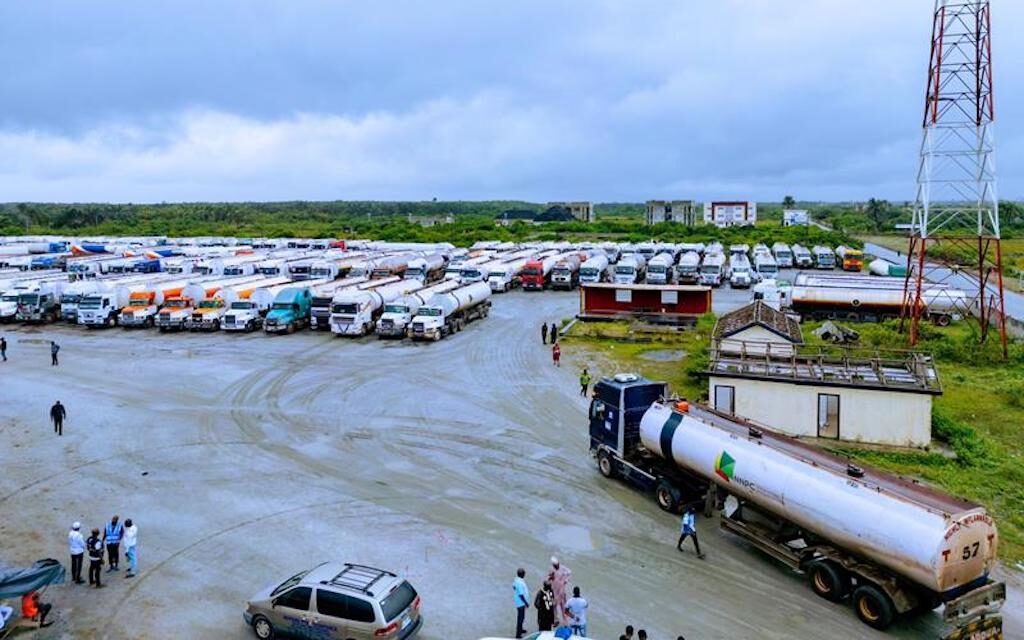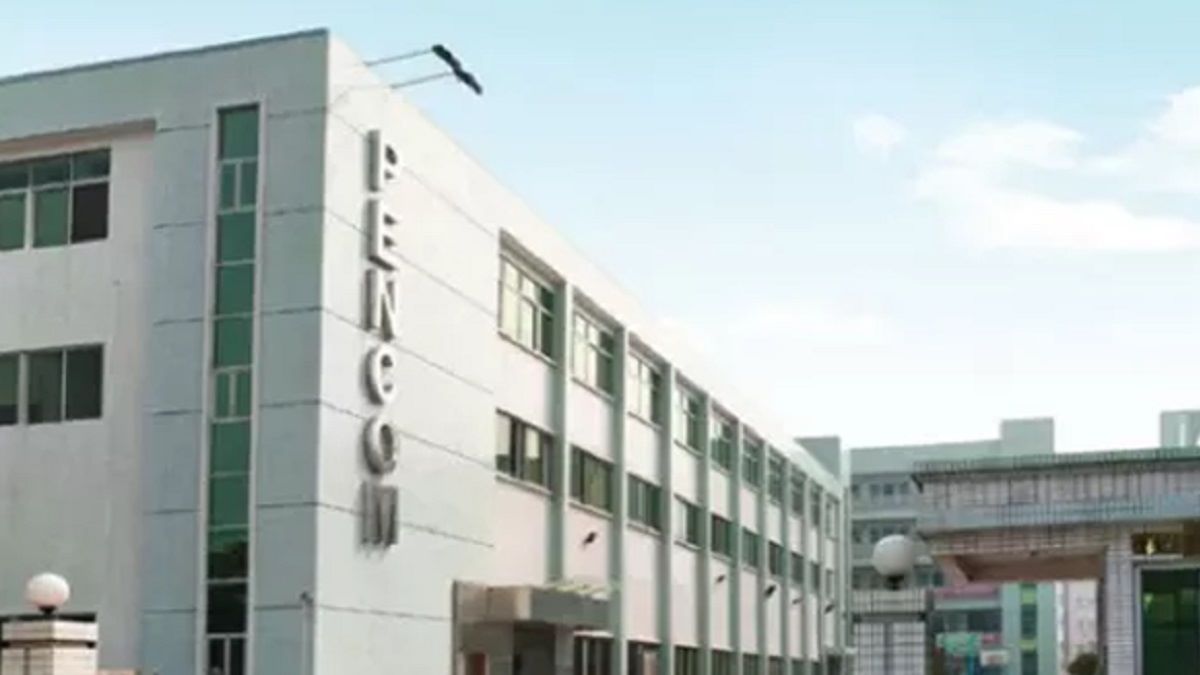Eromosele Abiodun
The Nigeria Economic Zones Association (NEZA) has called for constructive dialogue among stakeholders on the newly enacted tax provisions affecting Special Economic Zones and Free Trade Zones.
According to the Executive Secretary, NEZA, Toyin Elegbede, certain provisions of the new laws especially as it relates to Special Economic Zones (SEZs) and Free Trade Zones (FTZs), pose significant risks to Nigeria’s investment climate.
While commending the federal government for enacting the Nigeria Tax Act, 2025 and the Nigeria Tax Administration Act, 2025, Elegbede stressed that the new tax law remains a significant step towards enhancing fiscal transparency and strengthening revenue assurance across the country.
In a statement, he explained that with the Nigeria Tax Law provisions, free zone enterprises who do not sell into Nigeria custom territory will now be subjected to taxation in an unparalleled and aggressive encroachment.
The new tax provisions for SEZ and FTZ operators have created deep uncertainty among investors, completely undermining the free zone scheme and when implemented will make Nigeria’s free zones one of the least attractive and competitive on the continent.
He dismissed the view held in some quarters that free zones deprive government of revenue, stressing that all the free zones have made substantial contributions to Nigeria’s economy and fiscal system.
“Under the supervision of the Regulatory Authorities, free zone operators pay an average of $100,000 per zone (25 fully operational zones under NEPZA and 8 under OGFZA) annually in Operating Licence (OPL) renewal fees excluding additional renewals by FZEs, and pay an additional $100,000 per zone annually in container examination charges. In 2024 alone, free zones contributed over N100 billion in customs duties and remitted over N2 billion in PAYE taxes on behalf of employees. They also meet numerous other obligations, including immigration fees, authority administrative fees, and levies,” he said.
He stated that with careful engagement and strategic interventions among stakeholders on the new tax provisions, the risks associated with investor confidence, job losses, capital flight to competing African countries, and increasing costs for Nigerian consumers will be avoided.
He emphasised that dialogue has become imperative, particularly at a time when Nigeria is expected to consolidate its leadership of African Continental Free Trade Area for competitive advantage.
He therefore urged the Presidency, the Federal Inland Revenue Service, NEPZA, OGFZA, and other key stakeholders to engage in a structured and inclusive dialogue with operators to enable them assess empirical data, design appropriate transitional measures, and implement reforms in a manner that preserves investor confidence and safeguards Nigeria’s competitiveness.
NEZA also urged the government to consider a moratorium on the implementation of the new tax provisions for FZEs which would allow for a temporary extension of existing incentives, and thereby give investors the certainty needed to protect jobs, honour financing commitments, and complete long-term project.
He noted that doing so, would give government the necessary space to conduct impact assessments and design an orderly framework that balances revenue objectives with Nigeria’s trade and economic competitiveness.
“What is needed now is stability, policy clarity, and constructive engagement underpinned by a well-considered moratorium on the implementation of the new tax provisions. This approach is essential to ensure that Nigeria’s Free Zones continue to serve as engines of growth, industrialisation, and global competitiveness,” he said.
He noted that Nigeria’s free zones have proven to be engines of trade, industrialisation, and employment and should not be weakened under the guise of tax reforms.
“In 2023, the port handled 8.61 million TEU, with its industrial zones hosting about 1,200 companies, generating 110,000 jobs and $15 billion in exports. It is now on track to exceed its nominal capacity of 9 million TEU. This is what strategic, coordinated investment combined with policy stability can deliver. Nigeria has the potential to replicate and even surpass such success, but only if the free zone framework is protected and strengthened,” he added.
While acknowledging the concern raised by the Manufacturers Association of Nigeria (MAN) over the uneven playing field for those manufacturing businesses operating within the custom territory, he stated that the purpose for establishing SEZs is primarily to attract foreign direct investment, expand exports, and generate jobs by creating competitive enclaves that drive industrialisation and connect to wider markets.
He charged the federal government to do all it can to strengthen SEZs as it remains the launchpads for AfCFTA exports. Rather than focusing on weakening free zone scheme, he advised the federal government to establish fair and transparent rules that balance the interests of manufacturers in the customs territory with the export-driven mandate of FZEs.
The post NEZA Welcomes Tax Reform, Calls for Constructive Dialogue on Provisions for Free Zones appeared first on THISDAYLIVE.

